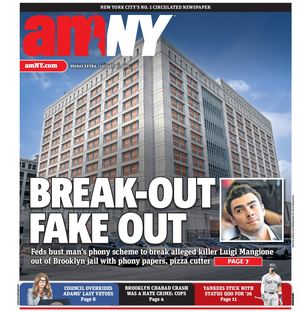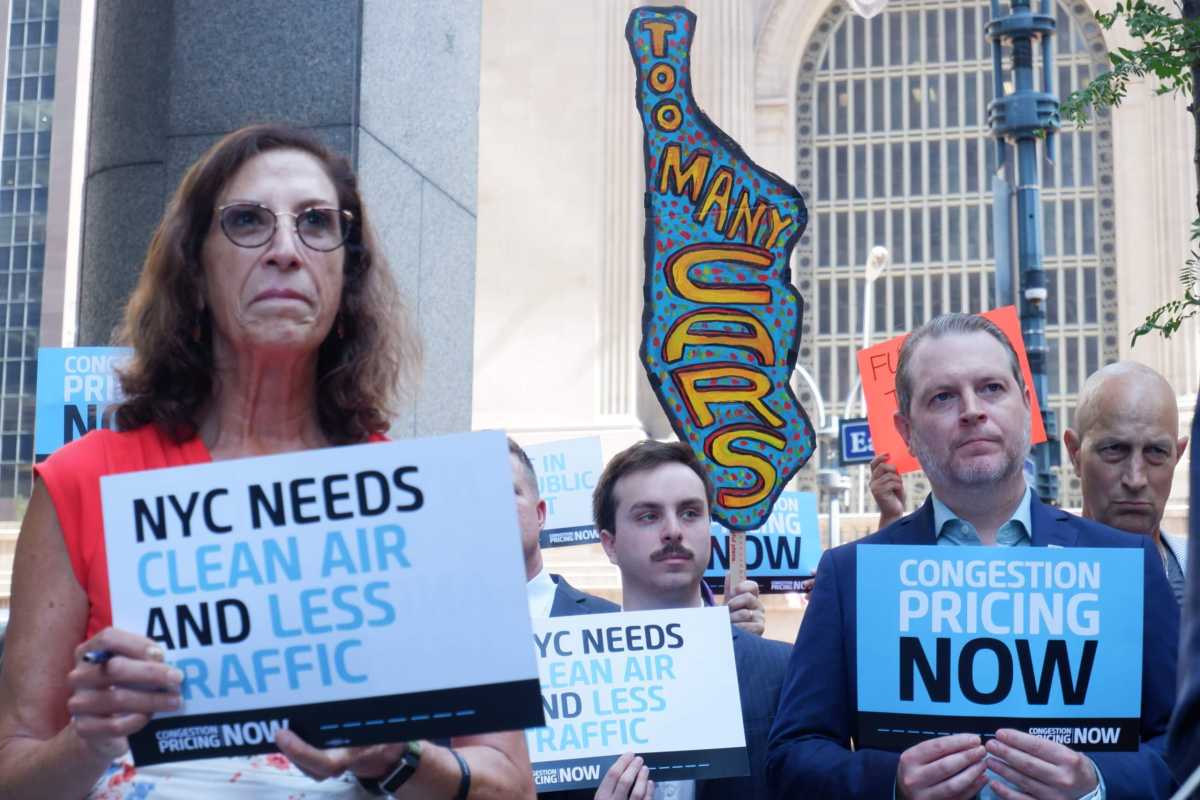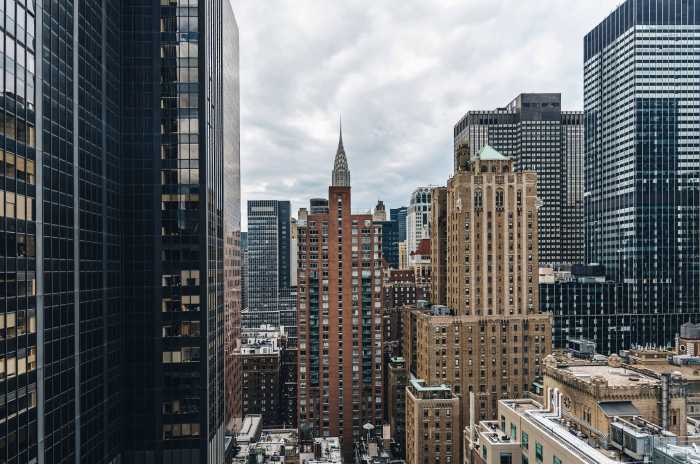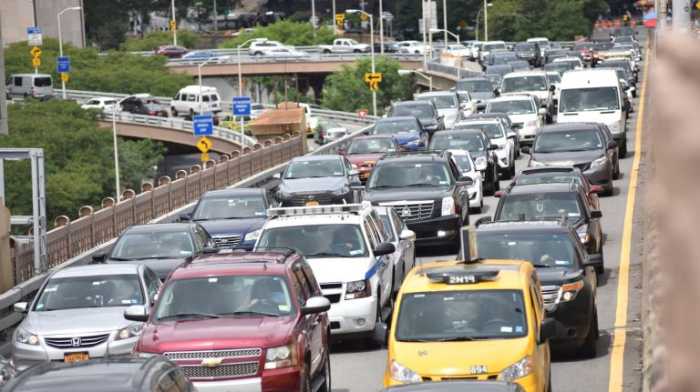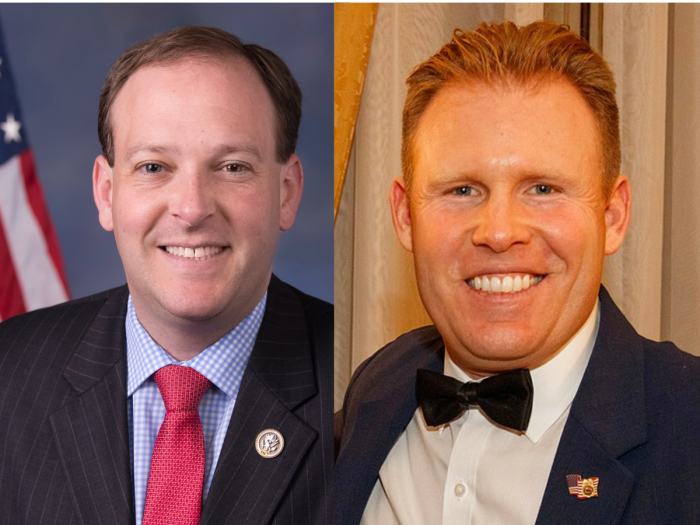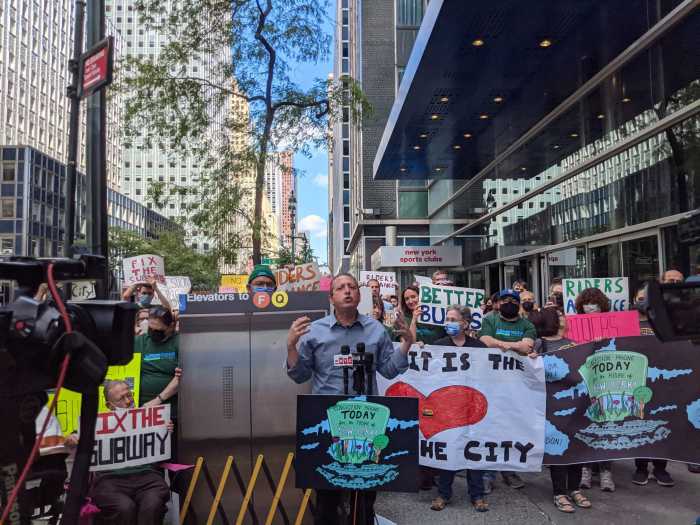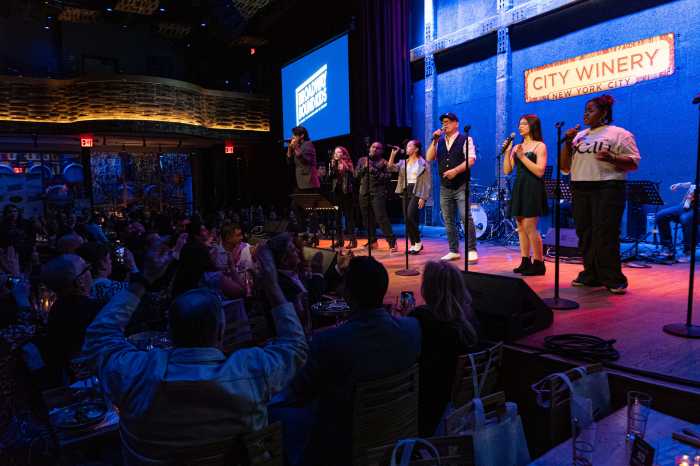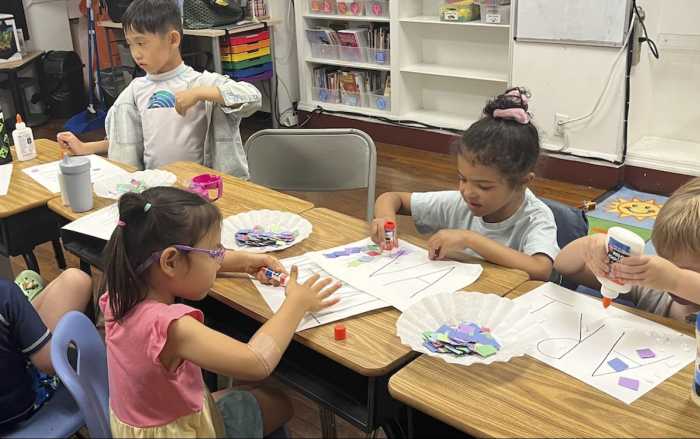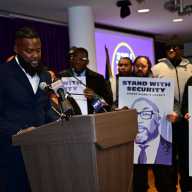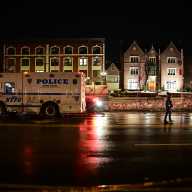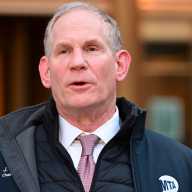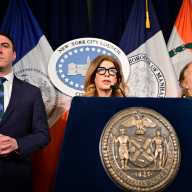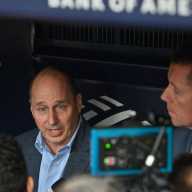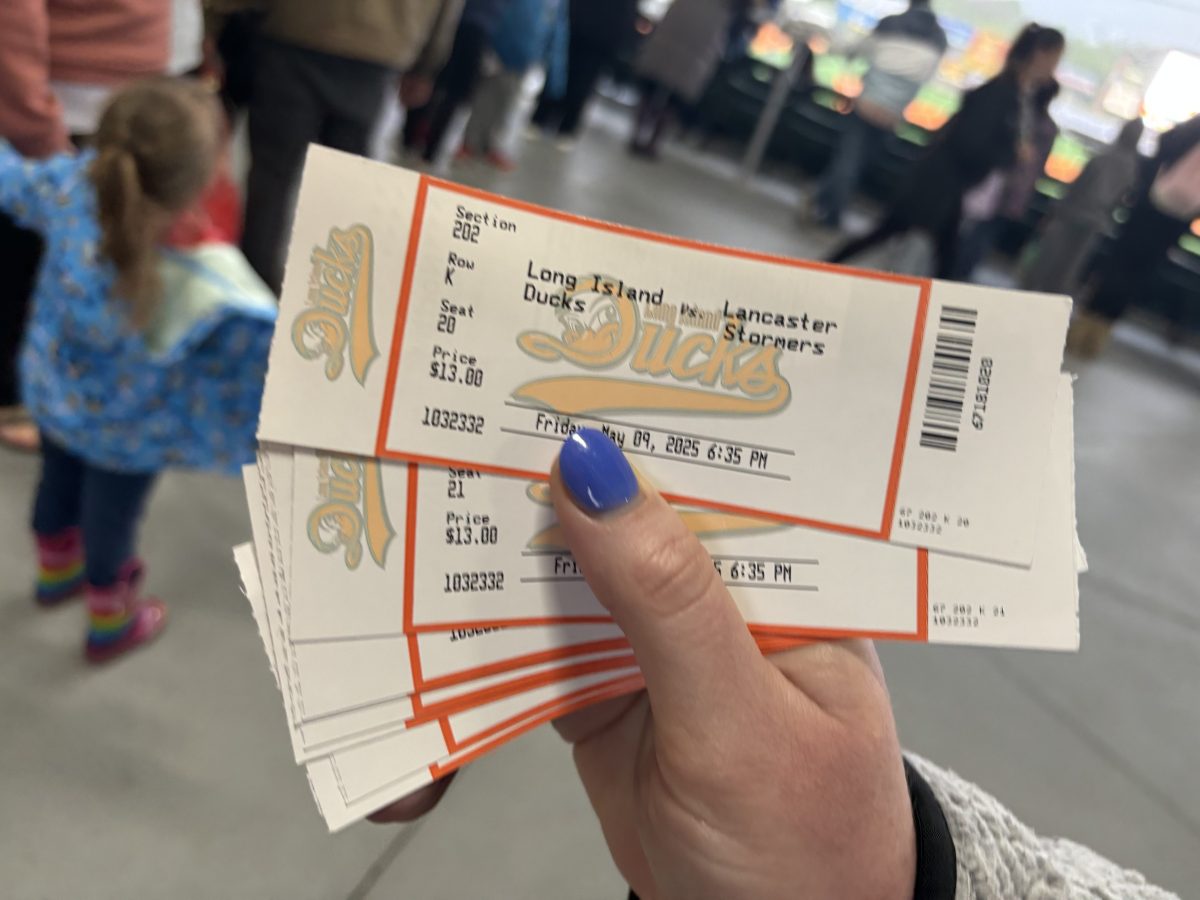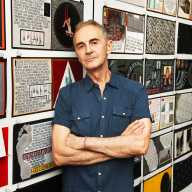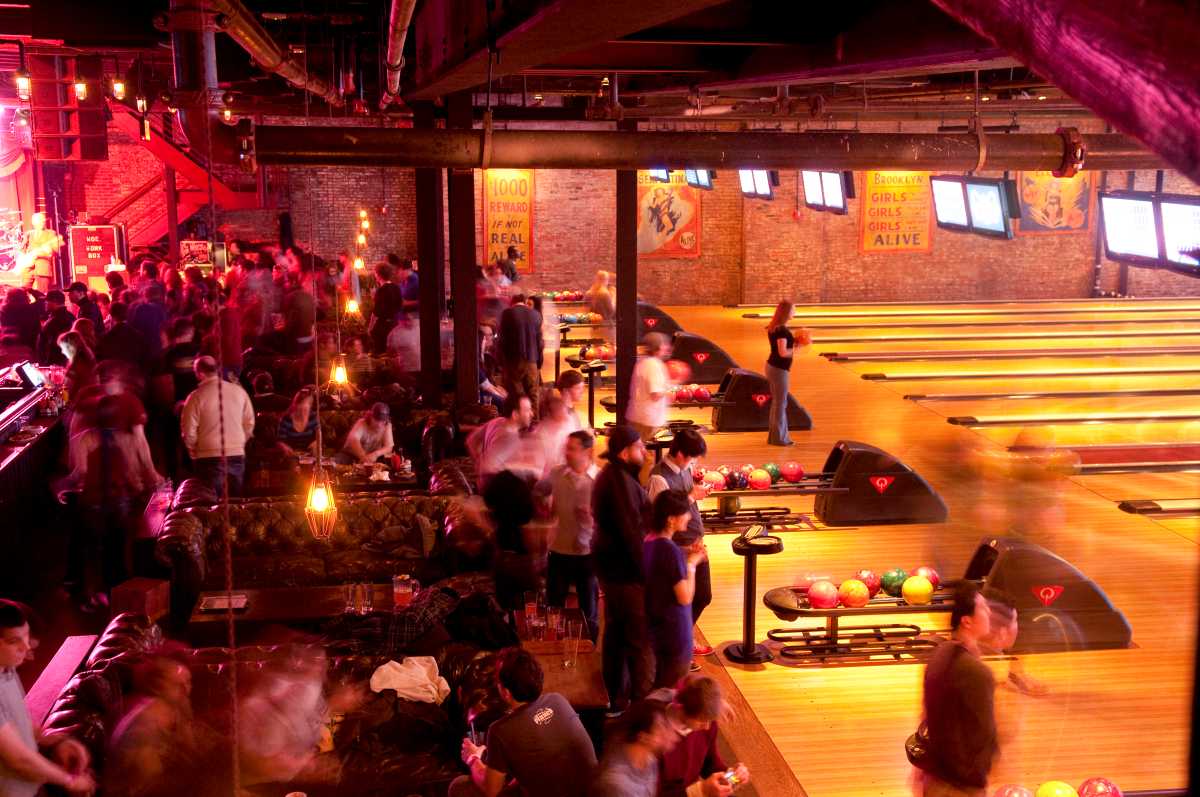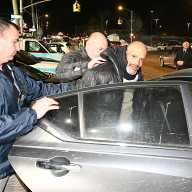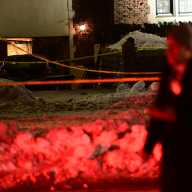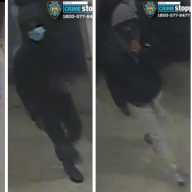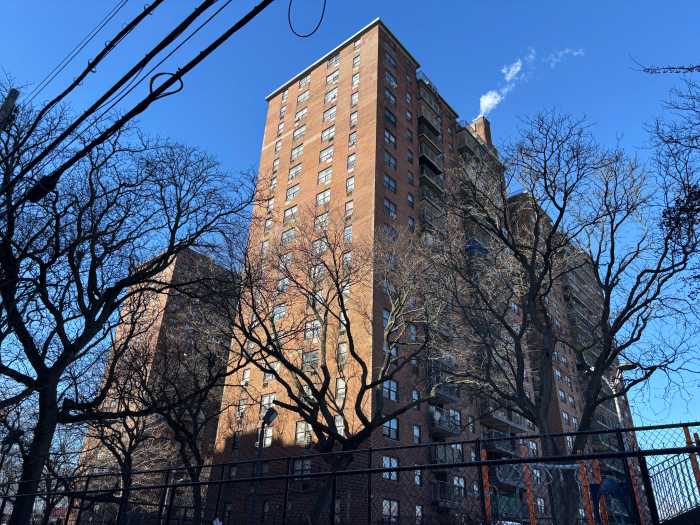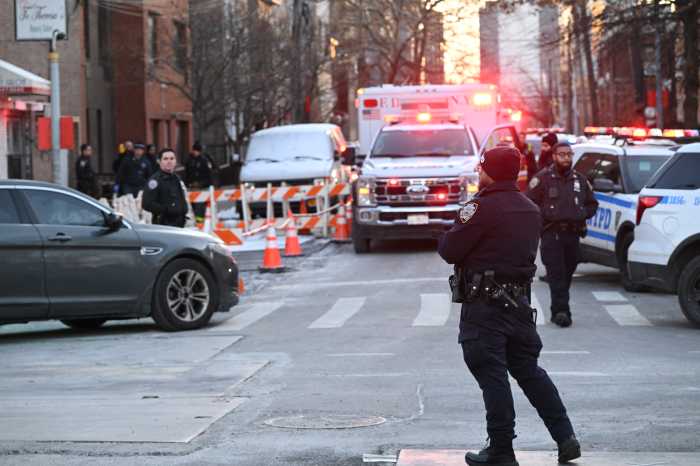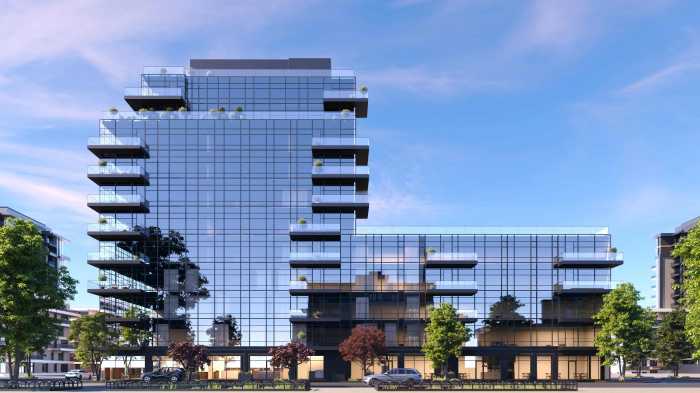The Metropolitan Transportation Authority has logged nearly a thousand sign ups from people looking to give their two cents about the state’s planned congestion pricing toll to enter Manhattan below 61st Street, at a series of virtual public hearings kicking off Thursday evening.
The MTA plans to gather the feedback from 946 people signed up to speak so far at six online sessions through Wednesday, after transit officials recently released more details of what the charge could look like in a lengthy environmental assessment.
The first meeting starting at 5 p.m. on Aug. 25 alone has 391 sign ups, and the MTA will give each person three minutes to speak, according to a spokesperson, meaning the first session could last about 20 hours.
“We welcome the interest and look forward to hearing from those participating in the hearings, and to reviewing the comments submitted on the Environmental Assessment that are being provided through other means,” said Aaron Donovan in a statement.
The hearings come after the MTA gathered input from people living in the tri-state area at 19 public meetings last fall.
According to the environmental study released on Aug. 10, drivers will have to pay anywhere from $5–23 to drive into Manhattan’s central business district. The tolls vary depending on the time of day and on how many exemptions and discounts the agency gives to certain classes of travelers, such as taxis or motorists coming into the Big Apple from other tolled bridges and tunnels.
The toll aims to cut congestion in the busiest parts of Manhattan while also reducing air pollution and the number of people driving into the city and creating a new stream of revenue for the cash-strapped MTA.
The congestion pricing law passed by the state in 2019 requires the MTA generate $1 billion a year from the toll, against which it can bond out $15 billion to pay for much-needed upgrades to its aging mass transit infrastructure, such as new subway signals and cars, and accessibility projects.
The charge is scheduled to kick in by early 2024.
Transit boosters and politicians in favor of the charge rallied outside Grand Central Terminal Thursday morning calling on people to voice their support at the upcoming hearings.
“Don’t just let the nays be the ones that are heard. This will give us cleaner air, clearer streets, faster buses, a much more resilient transportation system,” said Andrew Albert of the New York City Transit Riders Council, an in-house rider advocacy group of the MTA.
“Let’s everybody get on board, let’s get this train rolling, it should have been rolling two years ago,” Albert said.
The MTA’s environmental assessment released two weeks ago forecasts vehicle traffic in the congestion zone to be cut by up to one fifth. A street safety advocate said it was crucial to have fewer cars on the road to reduce crashes.
“Some people whose bodies or families haven’t been ripped apart by traffic violence see congestion pricing as a tax on drivers,” said Kate Brockwehl of the group Families for Safe Streets. “I call it the only reasonable first step to a planet on fire and streets so dangerous that drivers are killing and severely injuring people who are standing on sidewalks, babies in strollers, and two 99-year-olds already this year.”
Manhattan Borough President Mark Levine said he favored a toll with an exemption for taxi drivers and credits for people driving in from the Queens-Midtown, Hugh Carey, Lincoln, and Holland tunnels.
“I do think the charge for those tolls should be credited against the congestion fee so that we avoid people toll shopping by trying to find a cheaper way in,” the pol said.
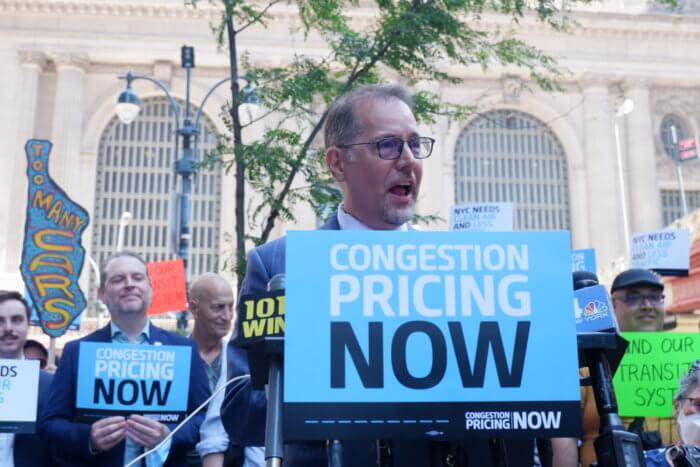
Drivers coming into the zone using those tunnels could credit their existing crossing tolls against the new fee, a proposal pols across the Hudson River in New Jersey favor.
The base fee under that scenario would be between $19-$23 during peak hours.
Cabbies and workers for app companies like Uber and Lyft called on Governor Kathy Hochul to carve out their drivers from the charge during a rally outside her Midtown office Wednesday.
Over the past two weeks, politicos have spoken out about concerns they have with congestion pricing.
Congressman Ritchie Torres, who has supported the scheme, sounded the alarm about increased truck traffic in the South Bronx, and longtime opponents like Staten Island Rep. Nicole Malliotakis and New Jersey Rep. Josh Gottheimer slammed the project as an MTA cash grab.
More exemptions or discounts mean higher tolls for the remaining drivers in order to still bring in $1 billion.
If MTA doesn’t get the needed revenue, that could threaten the transit system to fall apart due to delayed or scrapped repairs, warned a report by the watchdog Citizens Budget Commission Tuesday.
Governor Hochul stuck by her guns last week, saying during a press conference on Long Island that the charge was crucial to cutting the number of vehicles and combating climate change.
Two Brooklyn state lawmakers at the Thursday rally, state Senator Andrew Gounardes and Assembly Member Robert Carroll, said carveouts should be kept at a minimum.
“We want to minimize the number of exemptions while making sure that we can hit our goal of raising $1 billion,” Gounardes said.
Carroll praised the advocates for keeping the pressure on legislators amid years of delays.
“We know there are lots of folks in both Albany and New York City who would like to continue to pass the buck and push this down the line,” Carroll said. “It needs to be implemented now, we passed this bill three years ago, it’s time to get moving.”
To sign up to speak at one of MTA’s six congestion pricing meetings between Aug. 25–31, visit new.mta.info/project/CBDTP/upcoming-meetings.
